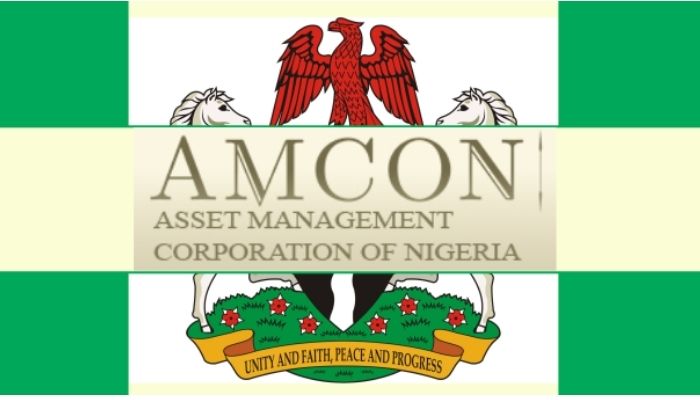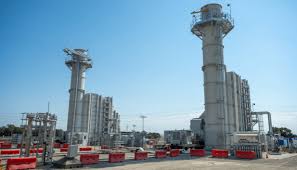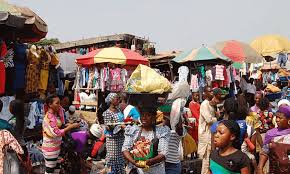The Asset Management Corporation of Nigeria (AMCON) has triggered fresh concerns in financial markets as it grapples with a deepening negative equity position of $6.2 billion, raising fears about the bad bank's ability to continue to play its role.
This is according to a market commentary report by Emerging & Frontier Capital LLC, a US-based independent research firm which concludes that the Central Bank of Nigeria (CBN) and the Ministry of Finance may consolidate AMCON into Nigeria Deposit Insurance Corporation (NDIC).
“As per the CBN, AMCON had a negative equity position of NGN4,694bn (cUSD6.2bn) as of June 2023. The negative equity position of AMCON is material when one considers that NDIC’s FY23 total assets were NGN2,523bn (or 54% of the negative equity in AMCON),” EFC said.
“Notably, the CBN’s exposure to AMCON is significant, as it represents 9% of FY22 total assets, 1.7x the FY22 bank notes and coins in circulation and 3.25x the CBN’s FY22 equity,” the report stated.
A negative equity position occurs when an entity’s liabilities outweigh its total assets. For AMCON, this means that the corporation currently owes more than it controls or possesses, raising alarm about its financial health and future prospects.
AMCON was created in 2010 to stabilise Nigeria’s financial system by buying up non-performing loans (NPLs) from struggling banks following the 2009 banking crisis.
While the corporation has recovered a significant portion of these bad debts, it continues to struggle with a substantial debt burden, amplified by the slow recovery of some assets and economic challenges.
“From our discussions with a number of the Tier one banks, we understand that the CBN and MOF were considering consolidating AMCON into NDIC.
“But, when we look at NDIC’s numbers below, we think that this would be very difficult to do without a significant recapitalisation of NDIC,” the report stated.
Investors are understandably wary. AMCON’s role in the economy is vital, as it manages a significant portfolio of distressed assets.
However, its negative equity position has cast doubts on its ability to service its debts or generate sufficient revenue from its operations. This uncertainty could affect the broader financial markets in Nigeria, which are sensitive to the health of key institutions like AMCON.
“The fact that AMCON’s liabilities are now outweighing its assets is a worrying signal. Investors are increasingly cautious about the corporation’s ability to recover these loans or settle its obligations without further government intervention,” said financial analyst Samuel Olumide.
“Until the CBN clarifies how it intends to address the negative equity position at AMCON (NGN4,694bn or cUSD6.2bn as of June 2023), how can investors feel confident about the system’s ability to digest a further build-up in stage 2 loans post recent devaluations?” analysts at EFC LLC questioned.





